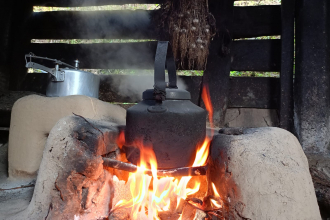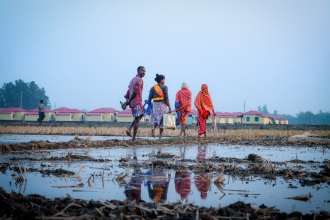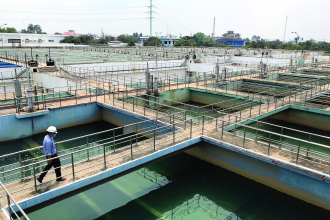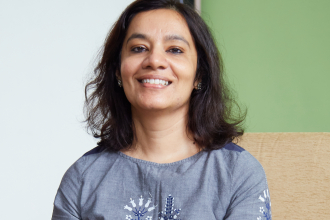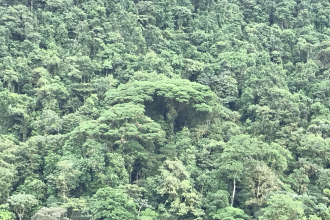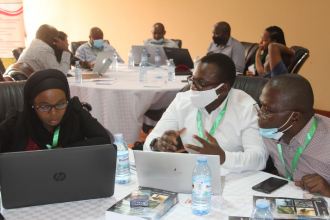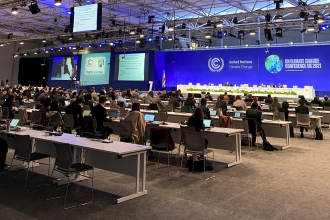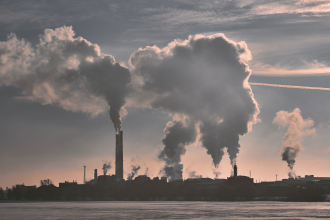If we miss the context policies may be toothless
Around the world, governments are fighting poverty, environmental degradation, and many other deprivations. Despite lacking resources and limited capacity, they have no choice but to try. Numerous policies and interventions are published every year: subsidies, promotion, social mobilization, and so on. Each policy looks great in writing, but many of them do not move at all. Hardly anyone in government can even answer how many such policies exist. These policies are adapted for the sake of satisfying populism or to show progress.
